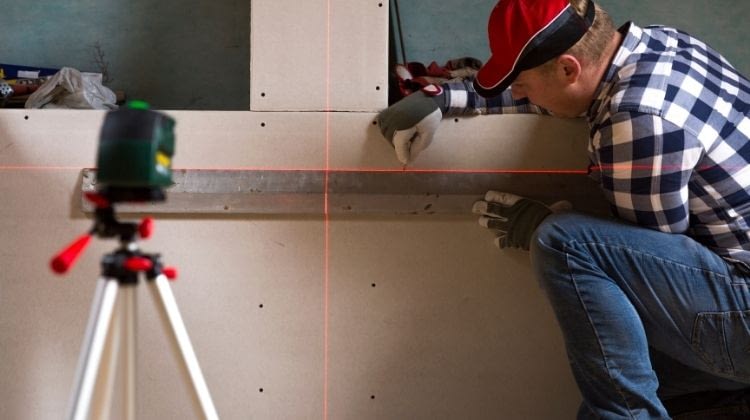
Contractors oversee projects and may perform tasks on job sites. Therefore, it’s important to have the right tools on hand. If you’re interested in adding to your equipment set, check out these essential tools that every contractor should have.
Line Laser Level
A line laser level is perfect for leveling surfaces, aligning objects, or checking height. The laser projects a ray of light that allows you to make horizontal and vertical measurements. Liner lasers are ideal for measurements of long distances and make a contractor’s job easier.
Drywall Bench
Installing drywall is a big task that requires detailed accuracy. To ensure that you install everything correctly, get a drywall bench. One of the reasons contractors should have a drywall bench is to work efficiently. A bench allows you to reach difficult areas and do a thorough job.
Site Box
A site box is a safe place where you can store various tools on a job site. A site box ensures that your expensive or easy-to-misplace tools are secure while preventing theft. The best part is that site boxes can accommodate large and small items like jackhammers, drills, wrenches, and utility knives. They’re convenient for many construction jobs and portable!
Multi-Tip Screwdriver
A multi-tip screwdriver is another tool that every contractor should have because it has various applications. Rather than a set of screwdrivers, a multi-tip can go from installing light switch covers to tightening door handles. Overall, it’s a handy tool that’s great on many job sites.
Non-Contact Voltage Tester
When you need to detect the voltage of an object, you should use a non-contact voltage tester. The device can track voltages in fuse boxes, outlets, and household appliances without the risk of electrical shock. Non-contact voltage testers prevent injuries while being a helpful tool on job sites.
Hearing Protection
Job sites are noisy, especially when you’re operating equipment. High-decibel noises from machines can damage ears. That’s why hearing protection is critical for contractors. Whether you’re overseeing a task or performing one, you need to limit your exposure to loud sounds. Earplugs or earmuffs are two practical solutions to protect ears and minimize distractions from other noisy equipment.